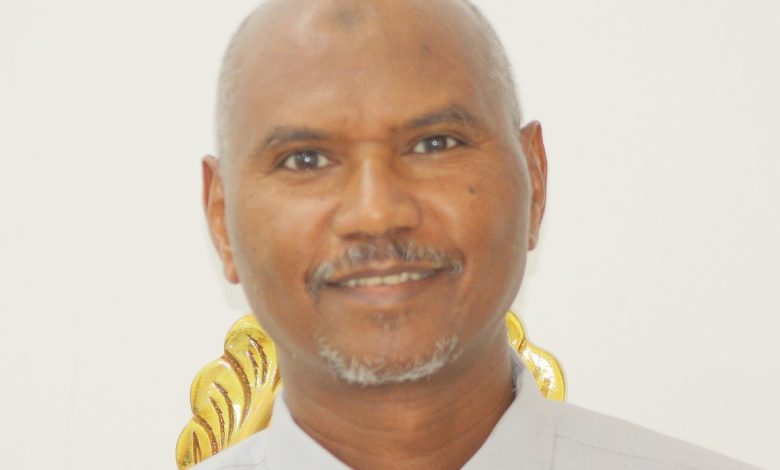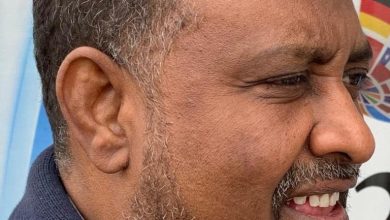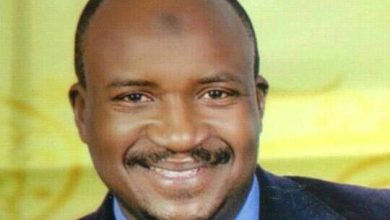Opinion
The People’s Rally Around Their Army: How Can We Invest in Unity of Sentiment and Purpose?

By: Al-Sawy Yousif
The Sudanese army enjoys near-universal support and appreciation from the public, with only a few exceptions from foreign agents or those who seek to control the country without rightful cause. Throughout history, the people have sought the protection of the army in all their marches and demonstrations, asking for its intervention and safeguarding.
Now, as the people and the army engage in a critical and existential battle against a cunning enemy with multiple identities and banners—a foreign invasion, tribal and clan-based aggression, and a racist and regional rebellion—their goal is not merely to seize power like other coups and rebellions. Instead, this enemy seeks to destroy everything: people, infrastructure, the economy, religion, culture, consciousness, unity, history—everything. Their aim is to displace the entire population, occupying their homes, cities, and villages, replacing them with others brought from the far ends of the desert and coast, while rulers soaked in petrodollars and hatred seek to impose foreign domination, worship, and submission to their ambitions and plans.
Thus, the people and the army are fighting together in this war. The people rally around the army as their protector and sole savior, the last remaining hope, in a way never seen before. This is a moment in history that rarely occurs for nations. Apart from a few agents aligned with the aggressors who despise both the army and the people, and who are also seeking control of the country’s resources or at least some crumbs from the new occupiers if they succeed, the entire nation—across all parties, tribes, regions, classes, sects, and religious paths—now stands united behind the army. It is a moment of trust, confidence, and reassurance, with the army seen as the guardian of the land and the country’s resources until stability is restored and elections can be held to elect different levels of government.
These moments must be seized. The country has been worn down by political, regional, and ethnic conflicts. Now that the people are united against the enemy and, with God’s permission, have defeated it, they must also unite around the agenda for the future. They need to engage in a dialogue that leads to a roadmap for the future, addressing state structures, governance systems, citizenship rights and duties, administrative arrangements, governing systems, public work practices, supreme constitutional rules, principles of diversity management, and the governance of this vast and richly endowed country.
Let us agree, during this pure emotional moment—lit by love, optimism, consensus, mutual trust in each other and our future, and good intentions—to reject violence and conflict, especially taking up arms against each other or the state. Let us agree on mechanisms for resolving disputes, mechanisms for obtaining rights, and mechanisms for establishing justice among us. Let us agree on the powers of the state institutions and governments, how each level is selected, equal participation for all, and a strategic plan for the country’s revival and reconstruction, ensuring every citizen gets their rightful share.
The leadership of the state and the army must establish councils and committees to discuss and agree on the future with calm and deliberation. These councils and committees should address political, economic, social, legal, cultural issues, reconstruction and development, foreign relations, and more, including a wide range of experts, scholars, administrators, politicians, technocrats, and—most importantly—representatives from various local communities across all states, tribes, religious groups, sects, professions, and crafts, of all ages and genders, from all segments of Sudanese society. By doing so, we can achieve a national consensus on the core and major issues, allowing state institutions to focus on implementation and execution, rather than engaging in debate and conflict, which leads to delays, destruction, and potentially violent, armed conflict.
This is a rare moment of consensus that must be immediately harnessed, striking while the iron is hot, to create a strong, stable, and sustainable national position that leaves no room for dissent. This consensus will serve as a foundation for building future dialogues, be it what some call a constitutional conference, a comprehensive national dialogue conference, or a founding conference. Whatever the name, it carries one meaning: the gathering of all Sudanese people, without exception or favoritism, to agree on the pillars of their country’s sustainable future.



